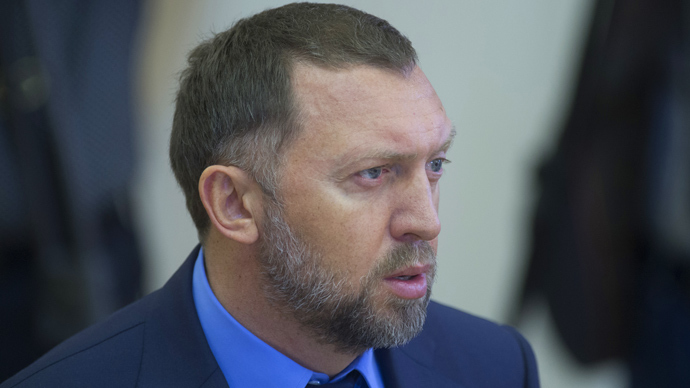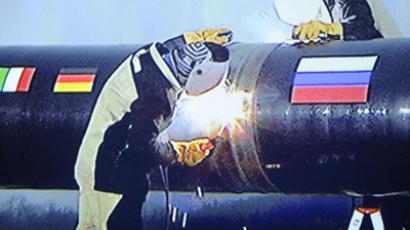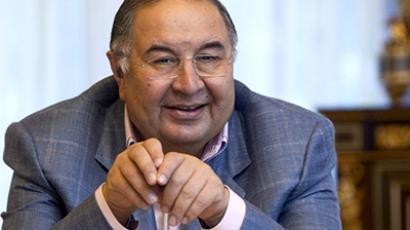‘Investors in Russia can’t just pretend they are in London’ - Deripaska to RT

Russia remains a stable place for investments for those who have actually “experienced the country” instead of “getting their information from the media,” Rusal’s director Oleg Deripaska told RT at the St. Petersburg International Economic Forum.
“The Russian budget is almost in surplus. We have low public
debt to GDP. It is a challenging time for the US economy which is
trying to fight with budget deficit, for the UK which struggles
with growth,” Deripaska told the RT crew in St. Petersburg
That’s just one of reasons why it is worth investing in the
Russian market. This is applies to big multinationals and smaller
business as well. “If you work in Russia, you truly understand
the advantages of doing business here,” Deripaska noted
stressing that the key to success lies in understanding the
country.
“Russia is not a country, it is a continent with its history
and traditions. People coming here need to adapt to the way
people here live, and they can’t just pretend they are in
London.”
He once again underlined that “Russian companies are
developing in the right way. We have a great potential in the
Russian market.”

When asked about the fate of the Euro and the continent’s
development, the billionaire was quick to point out that the
“Euro is definitely too heavy” assessing that “they
cannot grow the economy unless they depreciate the Euro and allow
some room for competitiveness.”
In terms of the free-trade zone between the US and Europe, the
businessman said that it was “one of those initiatives that
will create nothing.” Instead, Deripaska suggested that
Washington should focus “on Latin America – this is their zone
of trade, and this the place where they could create better ties
and better export opportunities for US companies.”
When it came to assessing the Asian market, Deripaska said that
China still has a reasonable opportunity to grow and the rate of
expansion was “impressive.”
“You have to understand, we’re talking about growth of 10
percent 10 years ago when China was half of its size, and we’re
talking about 7 percent now when China’s economy is two times
bigger.”
Deripaska forecast that “I can’t see [China] slowdown, and I
can’t see much risk in the next 2-3 years. The bureaucracy is
quite efficient, and the companies are quite strong, and
developing a lot of know-how,” he explained.














